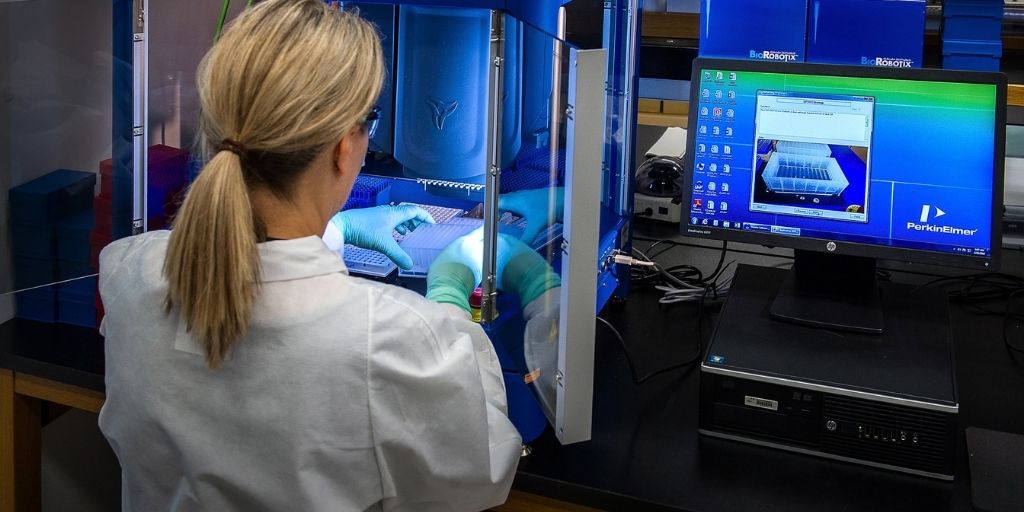
In healthcare, we are all well versed in the benefits of collaboration in the delivery of patient services, from multidisciplinary teams to the very integration of health and social care. Like nothing before, COVID-19 reinforced the idea that no trust should be an island.
Throughout the pandemic some of the most innovative and successful digital health solutions were only made possible because trusts recognised that they had to combine resources, ideas, and expertise to deliver them.
To the surprise of some, the rapid digitisation of the UK’s health services has largely been embraced by patients. This was highlighted in the study by the Health Foundation, which found that around three fifths of NHS users increased their use of technology to access care during the first phase of the COVID-19 pandemic, with 83 percent of users viewing their experience positively.
With patients recognising the benefits of digital healthcare, now is the time for trusts to expand their technological capabilities and further digitally empower patients while achieving greater value and outcomes.
However, let’s not forget that many of the old challenges remain. At its heart, technological innovation can be risky, and difficult. Not to mention time consuming and very costly.
To meet these challenges, healthcare organisations must start looking at digitisation as a team sport across trusts, with collaboration at the heart of every innovation. By coming together to develop and implement new digital technologies, healthcare organisations can bring down the costs of implementing new software and platforms, and the individual risk. This is because the funding of solutions can be split between each of the bodies involved, rather than taken on by them individually as it would be if they were to go it alone.
Working together in this way can also help reduce design and delivery pressures on NHS bodies. By collaborating to co-build new solutions, the people power needed to put these in place can be split between everyone involved, with each organisation managing a different part of the project. This means that less strain is put on one organisation and its employees, ensuring that the process is streamlined, efficient and the appropriate time and care is taken.
As well as this, collaboration can ferment innovation into the wider NHS. Through open sourcing their projects and innovations, other trusts and hospitals that weren’t involved in the collaborative efforts are able to adopt the solutions without needing to start from scratch, digitally benefiting other healthcare organisations and their patients.
The final consideration when embracing collaboration to digitally enhance trusts and patient services is the role digital partners must play. Solution providers need to be taking the lead in demonstrating to their healthcare partners that these options are available, rather than stopping a project in its tracks when a body comes to them and doesn’t have the funding to put in place a new platform.
Technology, accelerated by the pandemic, is rapidly changing the way patients engage with their healthcare. This change is being embraced by patients as they experience and see how digital solutions can make the NHS more accessible and open to them. NHS bodies should build on this progress and look at new and innovative ways to continue digitally empowering their patients. Through collaboration with fellow organisations and working with their digital partners, they have the perfect avenue to do this, benefiting not just their patients but themselves in the process.
Author: Hazel Jones, Head of Health, Made Tech










